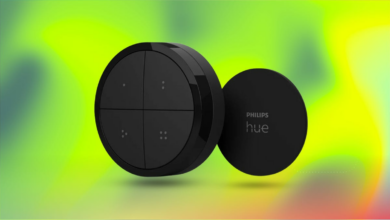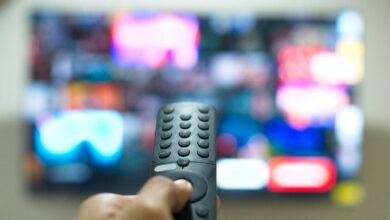Morning sunlight has changed my sleep. This is why I can’t start my day any other way
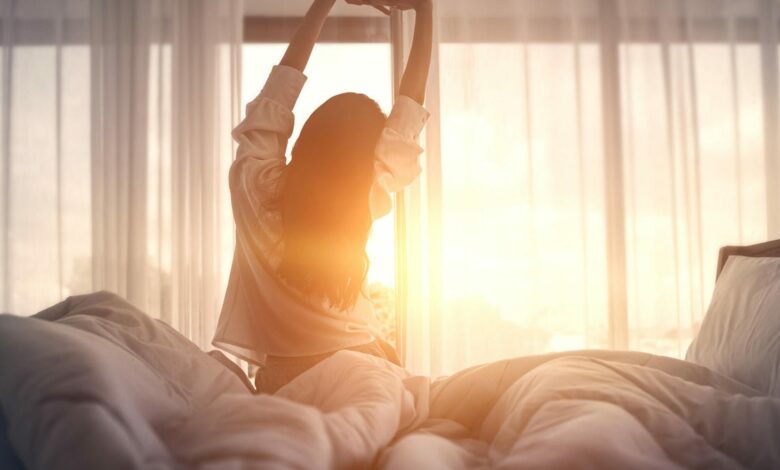
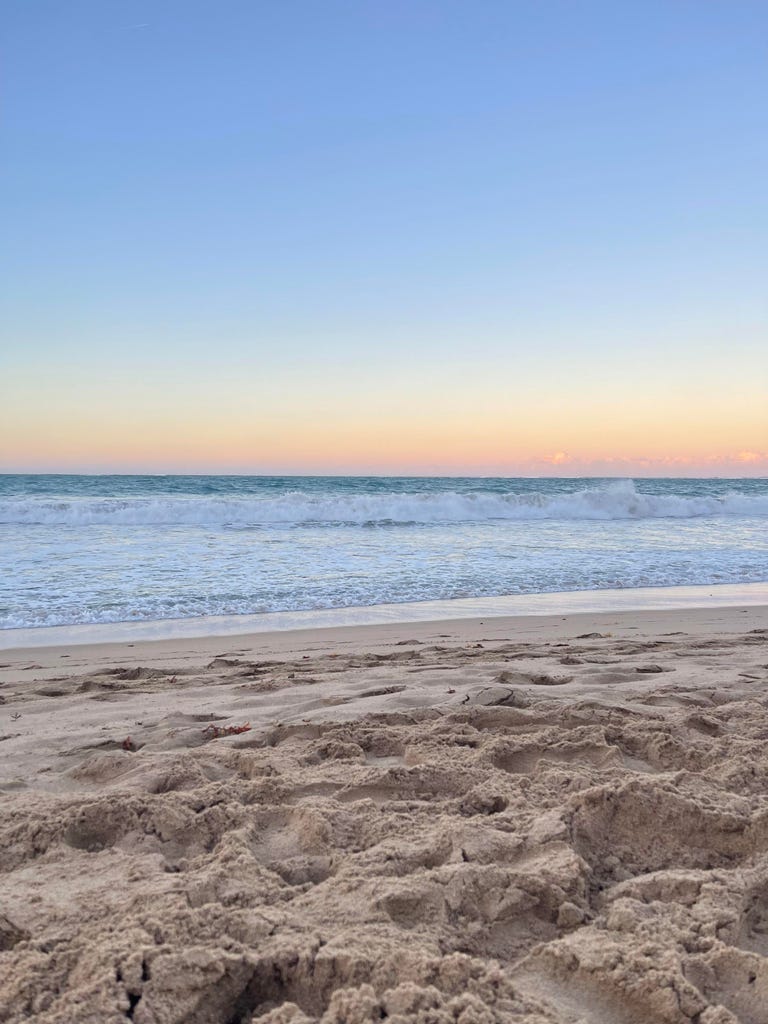
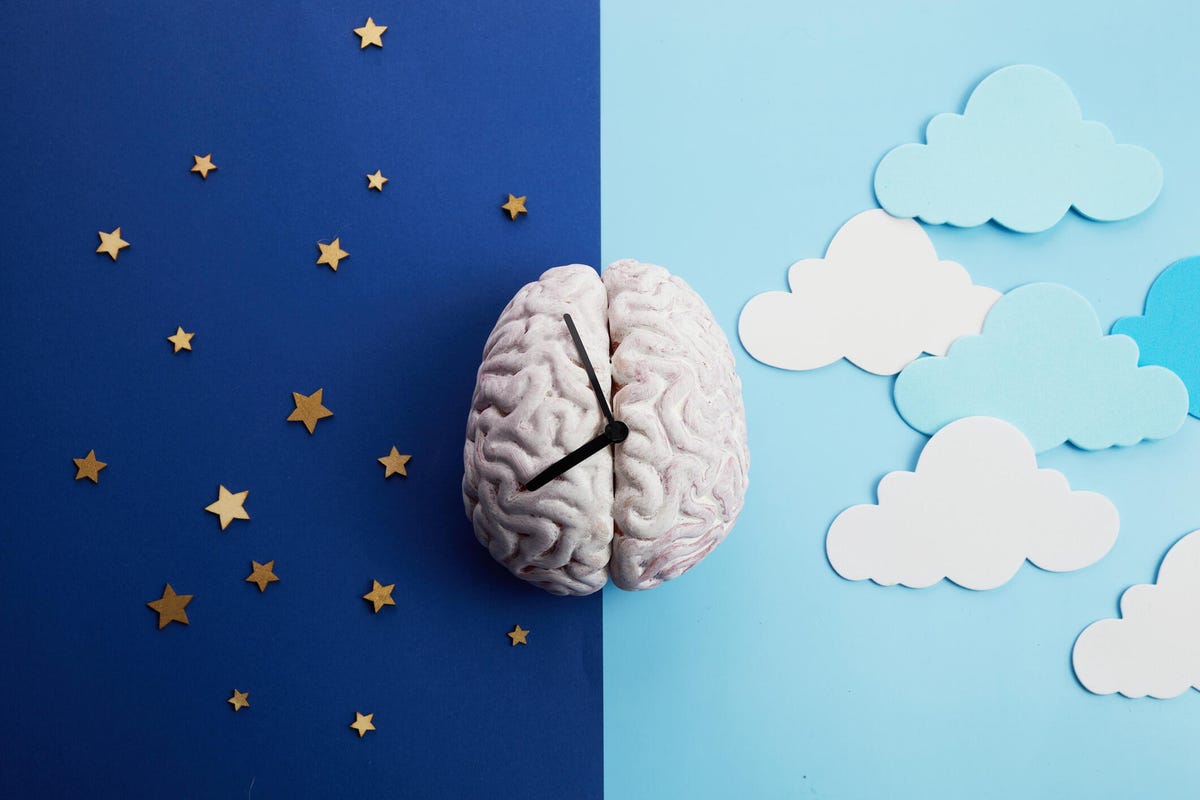
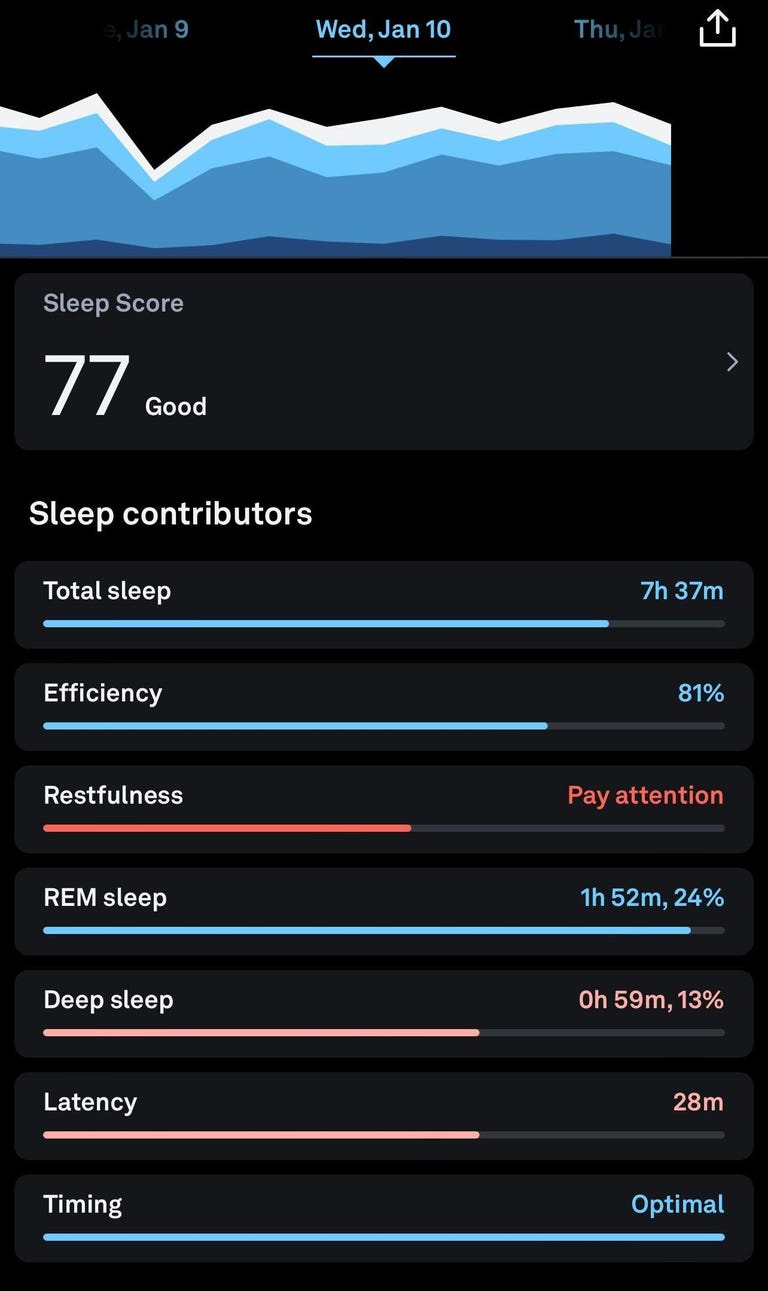
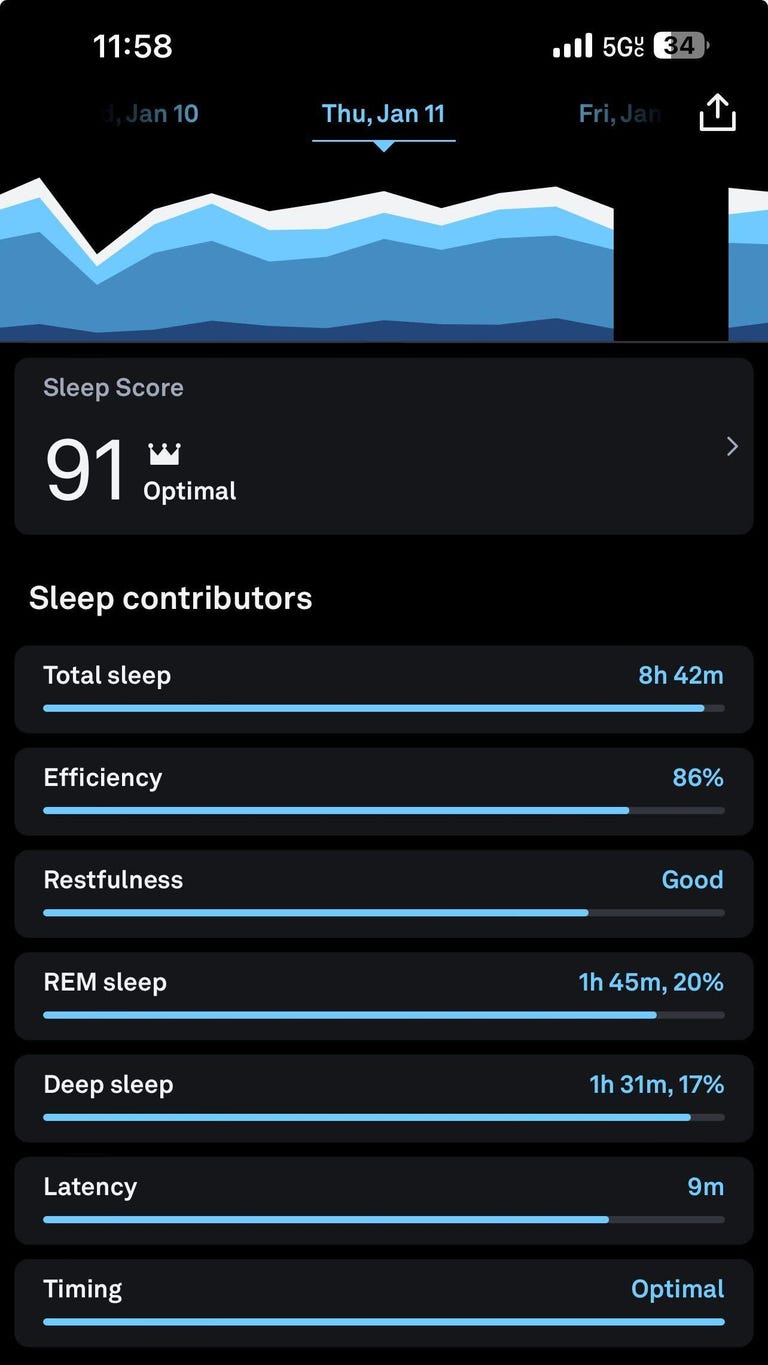
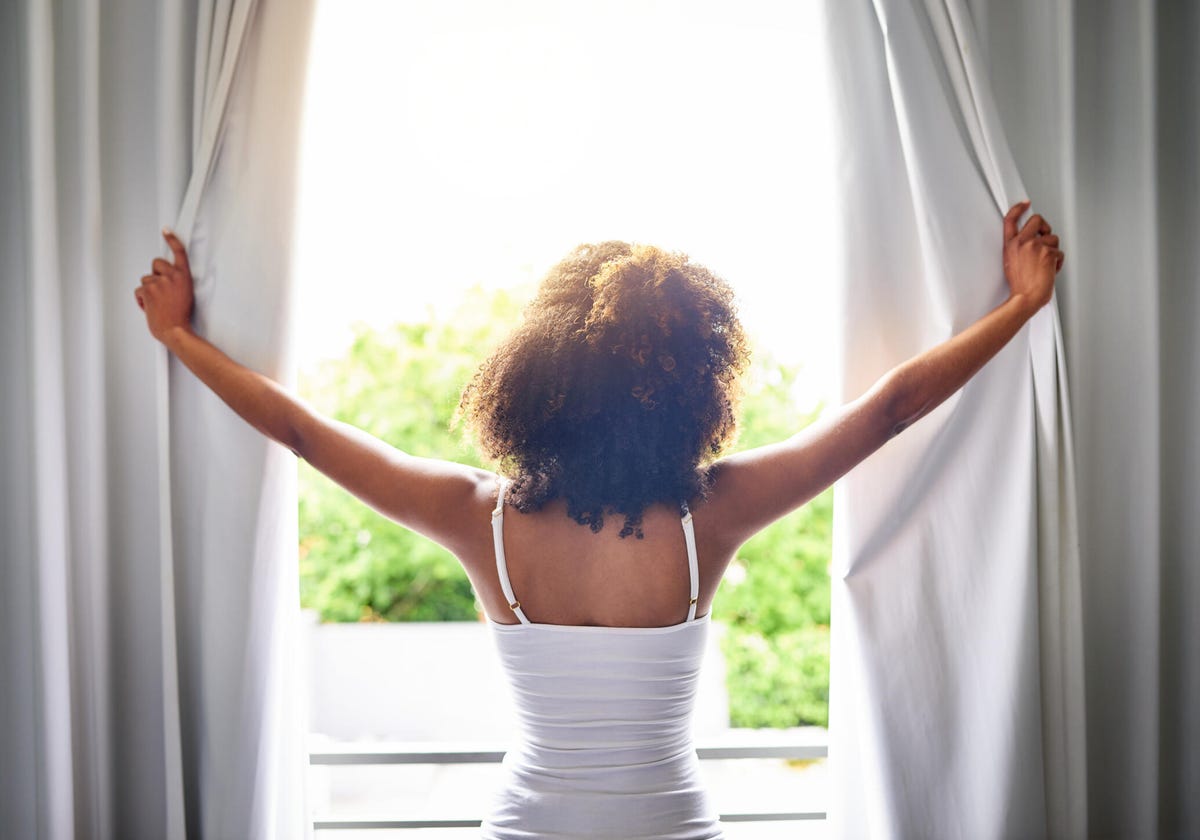
As someone who has been working in the health and wellness industry for a while, I often assume that I know everything there is to know about staying healthy. So when I found myself drowning in anxiety and not knowing how to help myself, I knew I needed to reach out to a professional to help me find alternative ways to manage stress.
If you’ve ever dealt with anxiety, you know how much damage it can do to your sleep. I personally have no trouble falling asleep. Staying asleep is my problem. I often wake up in the middle of the night with racing thoughts about everything I need to do. I had been doing all the “right” things to manage anxiety, like cutting back on my coffee intake, breathing purposefully, meditating, and eating balanced meals. While I did see small improvements, the results weren’t long-lasting. I spoke with Andrea Micheoa certified holistic health coach from the Institute for Integrative Nutritionto find natural remedies for anxiety.

During the first in-person consultation, we walked along the beach at sunset. I gave her an overview of what my day looked like and she gave me some actionable tips to regulate my cortisol levels (also known as the stress hormone). My first order of business was to get some early morning sunlight.
Read more: Best mattress
How Morning Sunlight Affects Your Circadian Rhythm
A good night’s sleep is essential for our health. An often overlooked factor in achieving a good night’s sleep is exposure to sunlight in the morning. There are multiple benefits of getting sunlight first thing in the morning, including improve your mood and improve your sleep quality. But how? Good question, let’s get started.
We can’t talk about morning sunlight and improved sleep hygiene without first discussing our circadian rhythm. This is the body’s 24-hour sleep-wake cycle. It naturally responds to light and darkness, determining when we get hungry, when we get sleepy, and when it’s time to wake up. Think of it as an internal clock.
According to Johns Hopkins, the SCN (or suprachiasmatic nucleus) is the area of your brain which regulates your sleep-wake cycle. In the morning, your eyes sense sunlight and the SCN triggers the release of cortisol to help your body wake up. Sunlight in the morning helps regulate your circadian rhythm because the light signals to your body and brain that it is time to start the day. When it gets dark in the evening, the SCN triggers the release of melatonin, which makes you sleepy.
“About a year ago, I started getting sunlight early in the morning and at sunset to help regulate my circadian rhythm. I have since stopped taking melatonin and have been sleeping better,” Micheo said.

Our internal clock is most sensitive to light at three specific times of the day:
- During the first hour after waking up:When you stand in the sunlight in the morning, your body begins to suppress the production of melatonin (sleep hormone).
- About 2 hours before bedtime:When it starts to get dark outside, your brain gets the signal that it’s time to go to sleep and relax.
- During the night:The darkness continues to send signals to the brain to keep us asleep.
You can use these three phases of light to synchronize your circadian rhythmResearch shows that exposure to daylight not only improves sleep quality, but can also help you fall asleep faster. “I always recommend this time-saving and cost-effective behavioral tool to all my clients and continue to get positive results and feedback,” Micheo added.
Read more: Circadian Rhythm: How to Reset Your Sleep and Get a Better Night’s Sleep

Data insights into my sleep quality before and after morning sunlight
I am a decent sleeper: I prioritize my sleep and usually get enough good quality sleep to wake up refreshed the next day. When I look at the data from my Oura ring (a cool fitness tracker), my average sleep score is around 80 (which Oura labels as “good”). Here’s my sleep data from the night before I incorporated sunlight into my morning routine.
As you can see, I slept for almost 8 hours, but I woke up more often than usual (rest), it took me 28 minutes to fall asleep (10 to 20 minutes (is normal for most adults) and I was not spending the ideal amount of time in deep sleep.
The only thing I changed in my morning routine was taking a short 30 minute walk outside after waking up. I didn’t wear sunglasses or a hat to expose my eyes to the first rays of the sun, but I did protect my skin with sunscreen. If you’re going outside later in the day, it’s best to wear a hat and sunglasses and use sunscreen.
Read more: Best sunscreen
I didn’t change anything else about my daily or nightly routine, and this is how I woke up:
The first thing I noticed was that I slept an hour longer and woke up less during the night. I also spent more time in deep sleep and it only took me 9 minutes to fall asleep.

Did I feel different? Other than feeling a little more energetic, I didn’t experience a huge change. But I’m surprised that I noticed such a difference in my sleep quality after just one day of morning sun exposure. Early results are promising, and I plan to get sunlight most mornings to see if I see a significant improvement long-term.
Morning Sunlight Therapy Guide
While there’s no single right way to get morning sunlight, these general guidelines can help you make the most of your time in the sun:
- Get outside within the first hour of waking up: Because your body is most sensitive to light as soon as you wake up, it’s a good idea to get some sunlight first thing in the morning.
- Make sure you are in the sun for at least 30 minutes: According to Harvard Medical School, 30 minutes is the optimal time to stay in the light.
- Make sure to wear sunscreen: While the UV radiation from the sun Although sunscreen is less harmful in the morning than during the day, it is still wise to protect yourself with sunscreen.
- Talk to your doctor: Before trying morning sun light therapy, talk to your healthcare provider to make sure it is safe for you.
Tips to get more sunlight in the morning
Now that we’ve discussed how morning sunlight can affect your sleep quality, let’s dive into ways you can get more sunlight.

- Rise with the sun: Waking up around sunrise can be a game-changer for your sleep. Try waking up early and catching the first rays of sunlight to regulate your circadian rhythm.
- Open your curtains and blinds: An easy way to maximize natural light in your home is to open your blinds and curtains. This allows the sunlight to act as a natural wake-up call for your body.
- Do outdoor activities in the morning: Whether you’re taking a brisk walk or relaxing on your patio, exposure to natural light and physical activity can help you wake up naturally.
- Breakfast by the window: If you’re short on time in the morning and can’t spare an extra 15 minutes to catch some sunlight, eat your breakfast or cup of coffee by a window.
- Invest in a light therapy lamp: If you have limited access to natural sunlight or live in a region with cloudy weather, consider a light therapy device that mimics the spectrum of natural light.


